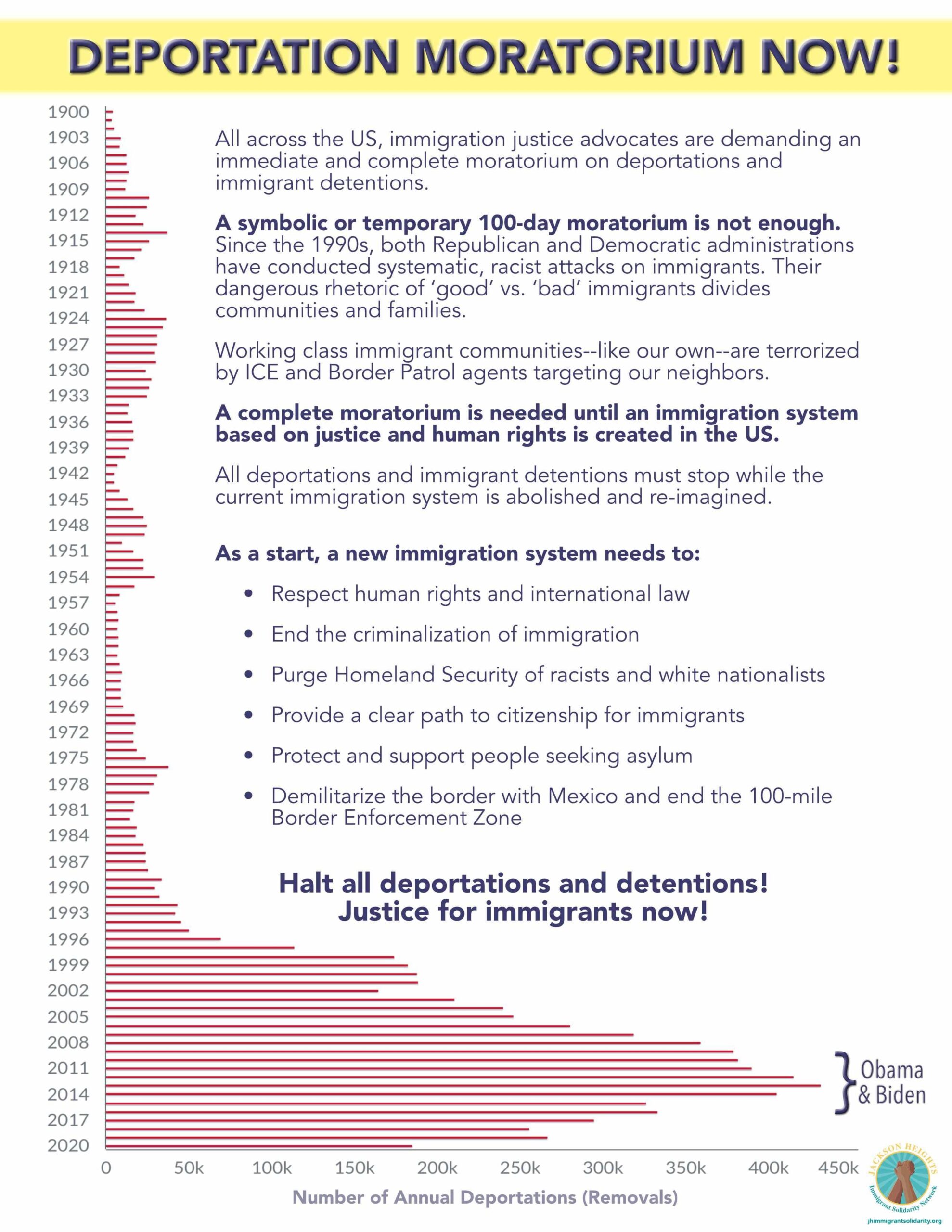
Download our information flyer for distribution.

Download our information flyer for distribution.
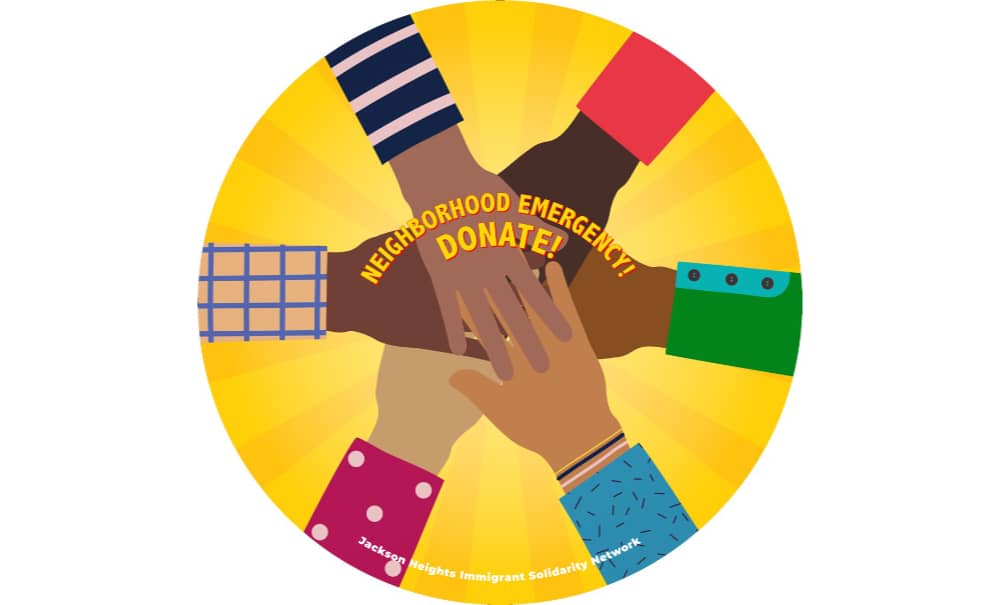
JHISN’s Neighborhood Emergency! fundraising campaign invites direct donations to the following six immigrant-led, community-based organizations in Queens that provide food, mutual aid, services, and solidarity to immigrant workers and families during the COVID-19 crisis.
The pandemic disproportionately affects immigrant and undocumented communities. Emergency relief from the federal government has excluded immigrants, especially undocumented households and workers. Local immigrant justice organizations have stepped up to protect people from multiple crises of health, employment, food, and housing. They need your support!
Find the quick links to fundraising pages for all six groups at: jhimmigrantsolidarity.org/emergency
Click on the group’s name to connect directly to their fundraising webpage and please donate what you can afford.
Adhikaar is a Jackson Heights-based immigrant justice group serving the Nepali-speaking community since 2005. Focused on immigration rights and legal issues, labor struggles (including for domestic workers), and health and social justice issues, Adhikaar played a key role in the groundbreaking New York State Domestic Workers Bill of Rights.
Your donation will support Adhikaar’s mutual aid relief efforts during the crisis including the supply of direct relief, community education and the ongoing struggle for systemic change and community empowerment.
Damayan Migrant Workers Association organizes low-wage Filipino workers–including undocumented workers–to fight for their gender, labor, health, and immigrant rights. Established in 2002, Damayan’s immigrant-led organization builds leadership at the grassroots level to eliminate labor trafficking, fight labor fraud and wage theft, and demand fair labor standards to achieve economic and social justice.
Damayan’s Emergency Fund provides direct material support during the pandemic to community members, prioritizing those who are unemployed, sick, elderly, or families with small children.
DRUM is a multigenerational, membership-led organization of South Asian and Indo-Caribbean working-class immigrants, women, youth, and undocumented families. Founded in 2000, DRUM has built a unique model of community-based organizing where members lead social and policy changes that impact their own lives–from immigrant rights to education reform, civil rights, and worker’s justice.
DRUM’s emergency fund, “Building Power and Safety Through Solidarity,” provides direct aid to community members via food, healthcare, housing, and participatory programs to strengthen community power during the Covid-19 crisis.
Make the Road carries out extensive organizing to empower immigrant Latinx communities. As a locally-based and statewide organization, Make the Road New York builds the power of immigrant and working-class communities to achieve dignity and justice through community organizing, transformative education, policy innovation, and survival services.
Donate to MTRNY’s Covid-19 Emergency Response Fund to support vulnerable workers, undocumented households, and low-income families.
NICE is a nonprofit organization dedicated to improving the lives of vulnerable and precarious immigrant workers and their families in New York, with a focus on day laborers, domestic workers, and newly arrived immigrants. For over 20 years, NICE has offered an extensive set of services, community organizing, and leadership development programs.
Your donation will support NICE’s front-line impacts in our community. NICE has launched and continued vital food access, cash assistance, and overall case management programs during the pandemic.
QNU is a community-based organization made up of members from Jackson Heights, Corona, and Elmhurst. QNU believes in establishing democratic control over land-use, policing, and immigration policies that directly impact us, our families, homes, businesses, places of work, and neighborhoods. Through grassroots organizing, leadership development, advocacy, and community education, QNU builds power to fight criminalization and displacement in our communities.
Donating to QNU will provide mutual aid to neighbors in need during the pandemic.
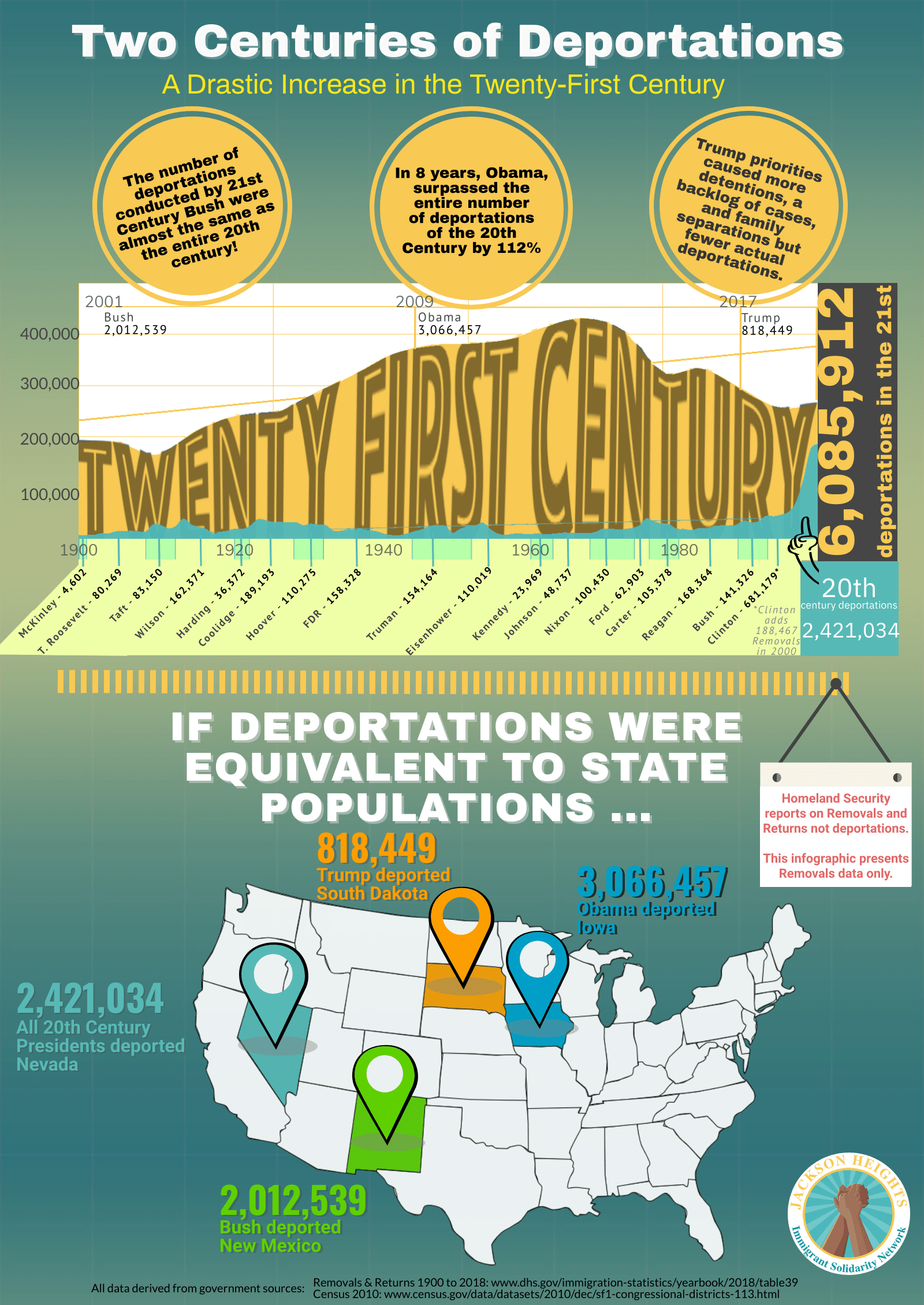
Download the infographic to distribute
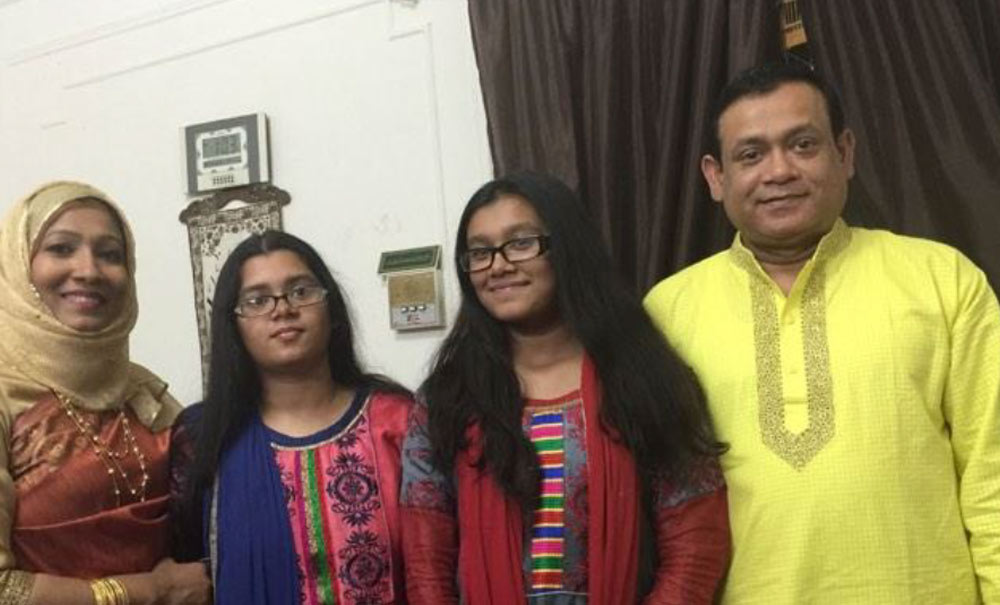
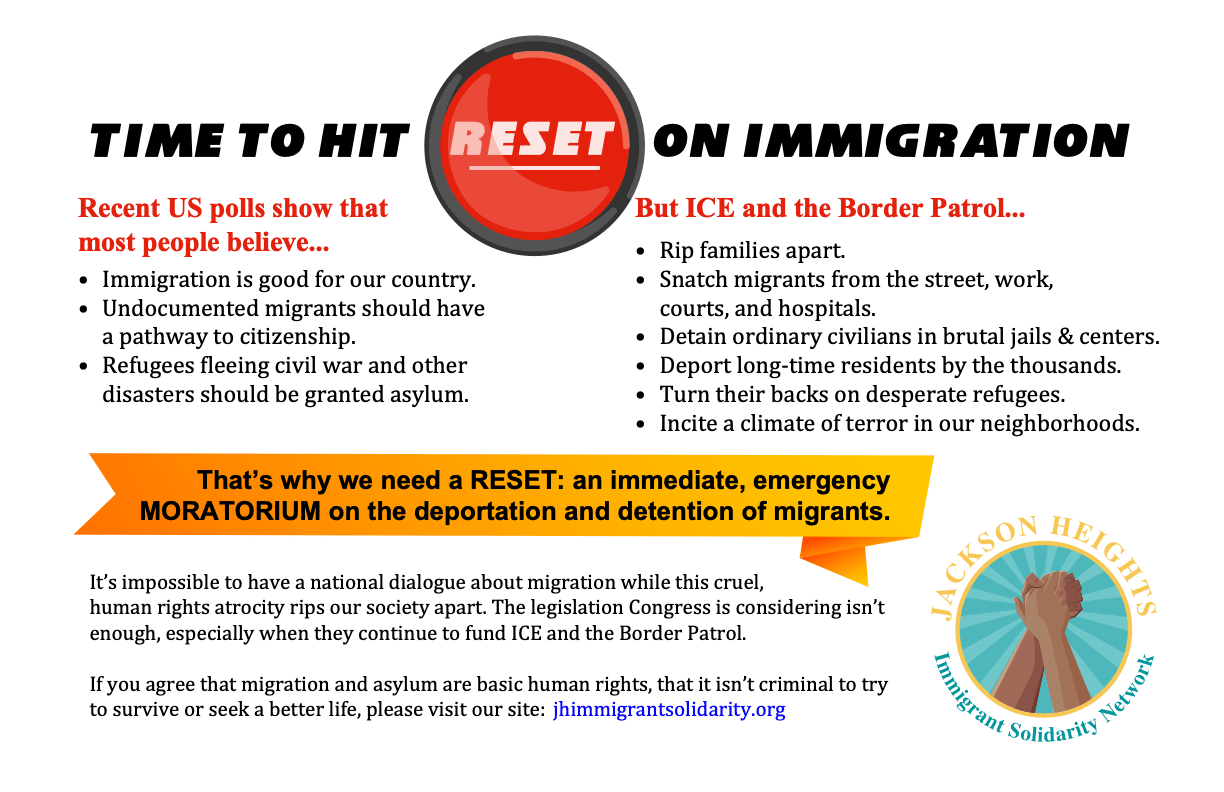
Download a PDF of our reset document to distribute.
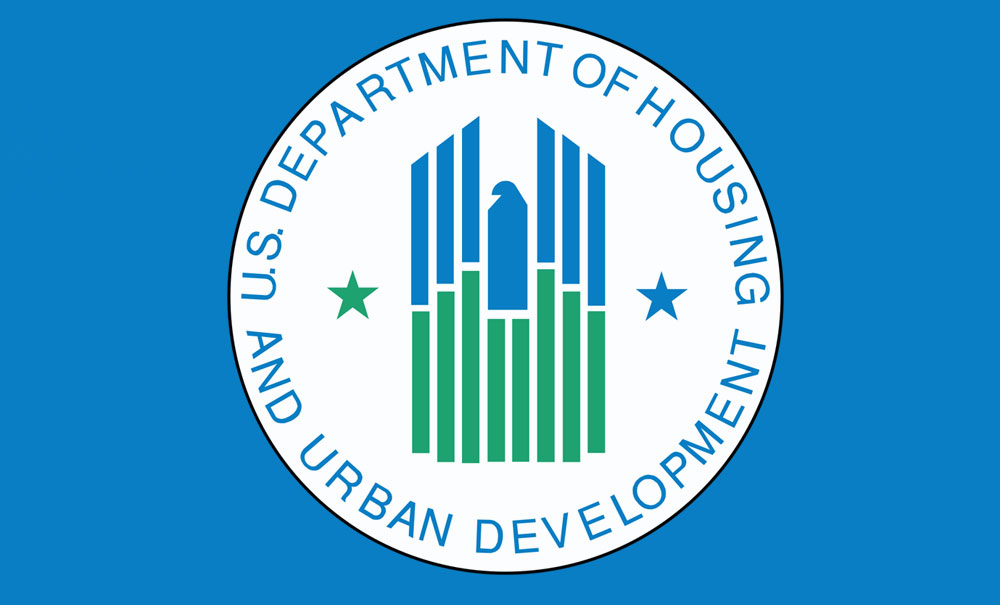
Submit a comment electronically before July 9, 2019. Go to:
https://www.regulations.gov/comment?D=HUD-2019-0044-0001
Proposal by HUD to change Housing and Community Development Act of 1980: Verification of Eligible Status
Announced May 10, 2019. Comment period ends July 9, 2019.
HUD strongly encourages commenters to submit comments electronically.
Current Rules: (1) Undocumented immigrants do not receive Federal housing subsidies. (2) Families of mixed-immigration status can receive aid as long as at least one person is eligible (for example, a US-born child, a citizen spouse, a green card holder, someone under 62). (3) Subsidies are prorated to cover only the eligible residents.
New rules are still in the proposal and public comment stage.
It has not been enacted yet.
Proposed New Rules: (1) Every member of a household under 62 must be of “eligible immigration status.” (2) Undocumented immigrants may no longer sign leases for subsidized housing even if their children are entitled to prorated benefits.
Consequences: (1) Families of mixed status would no longer be permitted to live in public housing. Members with legal status would be permitted to stay, however, others cannot. (2) Fear of family separation would likely drive out the whole family, including US-born children. (3) HUD estimates 55,000 children in New York, California, and Texas will be affected. (4) An increase in homeless people is likely because of the lack of affordable housing.
Submit a comment electronically before July 9, 2019
Go to https://www.regulations.gov/comment?D=HUD-2019-0044-0001
© 2026 Jackson Heights Immigrant Solidarity Network.
Website by Inspired Lamb Design